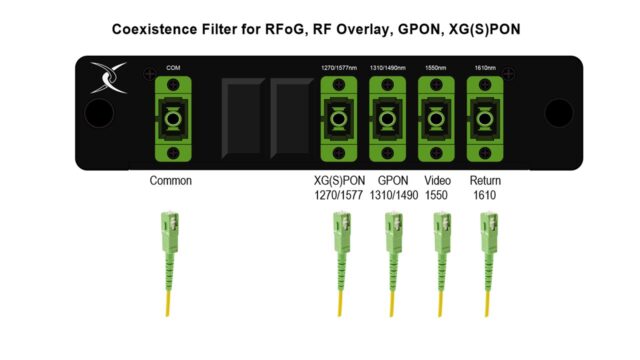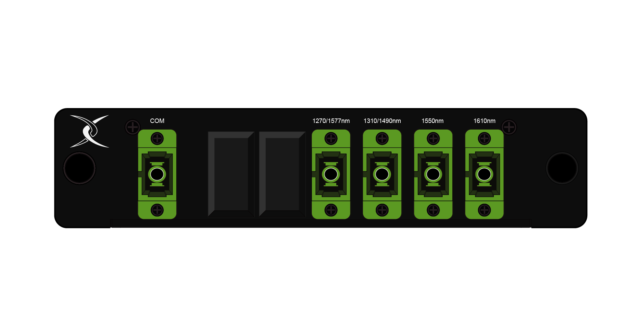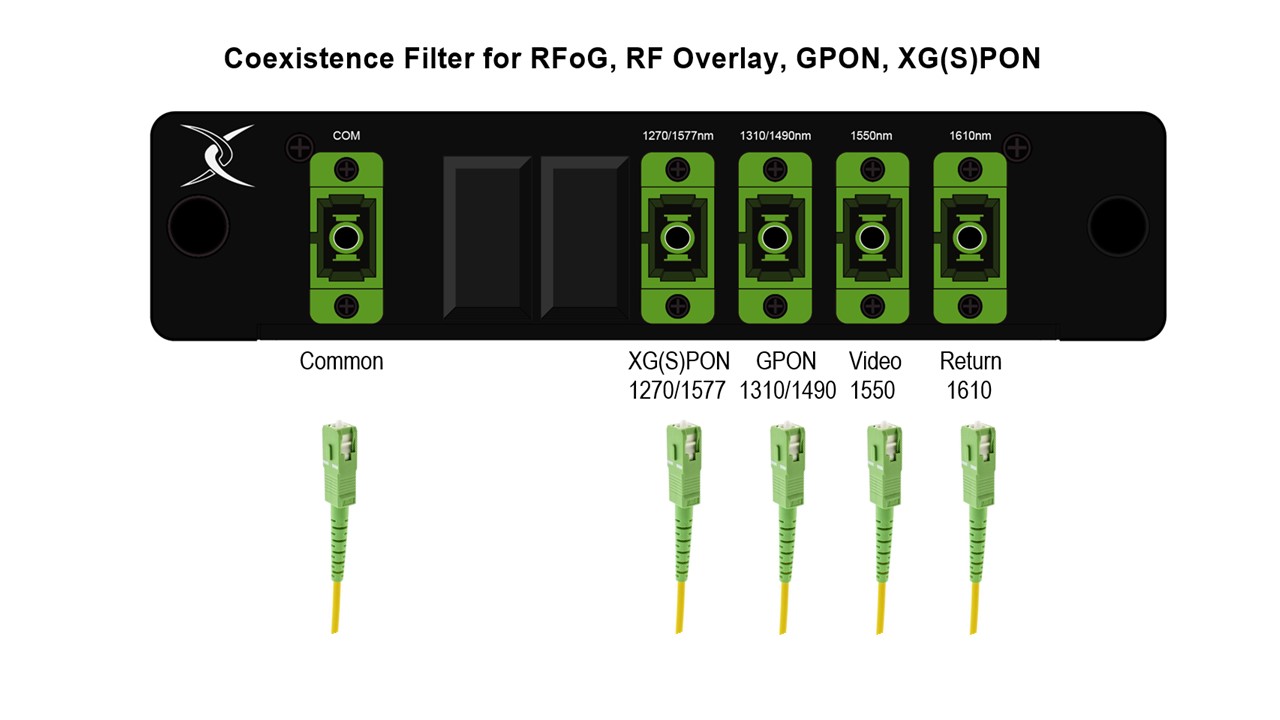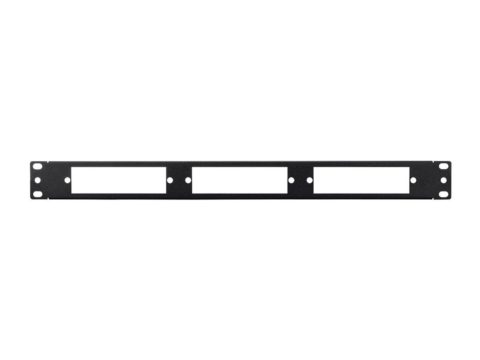- Home
- Product Categories
- CATV / RF Over Fiber
- Coexistence Filter for RFoG, RF Overlay, GPON, XG(S)PON
Coexistence Filter for RFoG, RF Overlay, GPON, XG(S)PON
The Maxcom Coexistence mux allows systems to offer a combination of services over single fiber FTTx archetectures. These external muxes support a combination of E or GPON, XG(S)PON, RF Overlays, RFoG forward and return paths. 1550, 1610, 1270, 1577, 1310, 1490 nm
- General Details
The Maxcom Coexistence mux allows systems to offer a combination of services over single fiber FTTx architectures. These external muxes support a combination of E or GPON, XG(S)PON, RF Overlays, RFoG forward and return paths.
Standard units are manufactured into a small LGX platform, and may be customized to accommodate customer requirements. Customized configurations are available to support NG-PON2 ports or OTDR ports, contact Maxcom for available options or requirements. Transparent to incoming data, the MX coexistence mux/filter effectively increases existing cable capacity by multiplexing multiple separate wavelengths/channels over one single fiber.
The Maxcom Coexistence Mux comes standard with SC/APC, but nay be ordered with other connector types. Because it is a passive device, it requires no power. Maxcom offers very economically priced mounting plates to allow 19″ rack mounting.
Standard Configuration:
- Common Port
- 1550nm Port
- 1610nm Port
- 1310/1490nm PON Port
- 1270/1577nm XGSPON Port
- Example Application
- Model Selection
- MX-G-X-PON-RFOG Fiber Optic Multiplexer
- Specifications
PORT CONFIQURATION:
- Common Port
- E or GPON: 1310/1490nm
- XGSPON: 1270/1577nm
- Video (1550): 1550nm
- Return Path (1610): 1610nm
BANDWIDTH
- E or GPON: 1290~1330 / 1480~1500nm
- XGSPON: 1260~1280 / 1575~1580nm
- Video (1550): 1525~1560nm
- Return Path (1610): 1596~1650nm
OPTIC PORTS
- Connector *SC/APC (LC optional)
INSERTION LOSS
- Typical <1.5 dB
*See detailed Spec Sheet under Attached Documents
- Order Inquiry
- Documents
- Related Products
LGX 1U Mounting Plate
Rack mount plate enable optical fiber cable management and mounting of 3 LGX fiber modules in a compact 1 RU space.
$90$75




